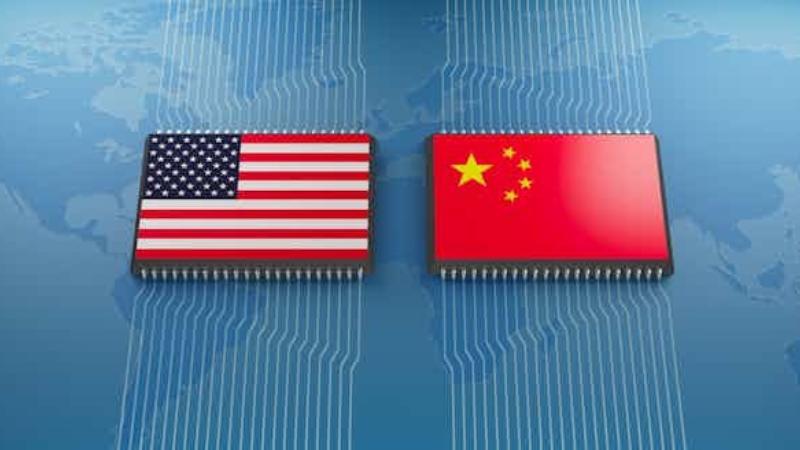
- devara
- 06 Jan 2025 05:52 AM
- US-China science cooperation, research security, global scientific collaboratio, China US scientific competitio
On December 13, 2024, the United States and China signed a bilateral science and technology agreement, revising a 45-year-old pact. However, this new agreement limits research collaboration and narrows the scope of topics allowed for joint study, reflecting heightened concerns over international research security. Governments worldwide, including the U.S., European Union, Canada, and Japan, have introduced stricter measures to safeguard sensitive scientific data from foreign interference, especially from China.
China’s rise in scientific and technological prowess has raised concerns about its practices, including espionage and forced technology transfers. The growing number of research collaborations between China and the U.S. has shifted, with China now a leader in global scientific publishing and patent filings. Despite past efforts to liberalize China through science and technology cooperation, its rise in power has created tensions due to the country's opaque research practices and strategic use of technology.
The U.S. has implemented several measures to secure sensitive research data, such as the China Initiative and the 2022 Chips and Science Act, while other nations like Japan, Canada, and Australia have also introduced security protocols for international research. The emphasis on securing scientific information is crucial, but it risks stifling the openness and collaboration that drive scientific progress. As nations tighten security measures, the challenge will be balancing safety with the need for cross-border scientific exchange.





































